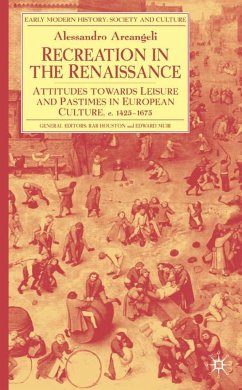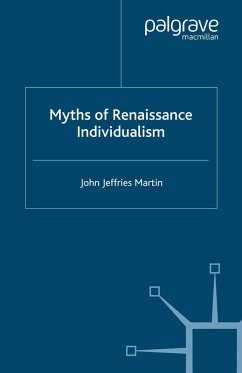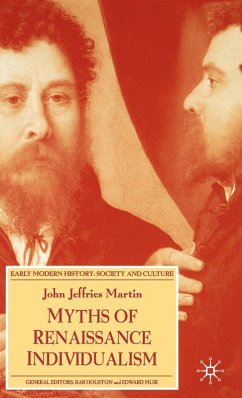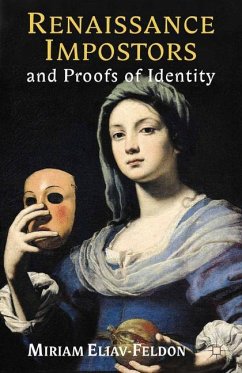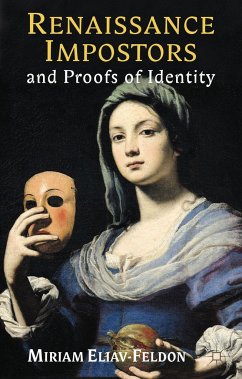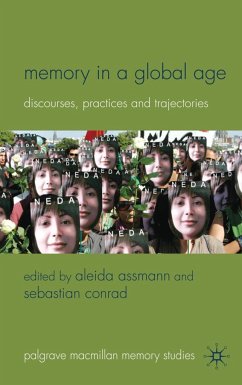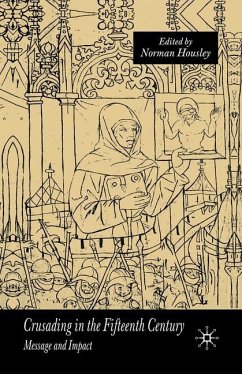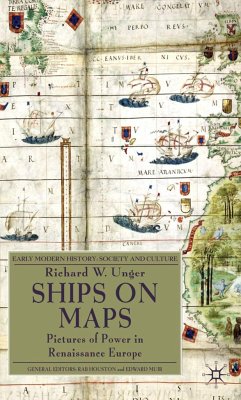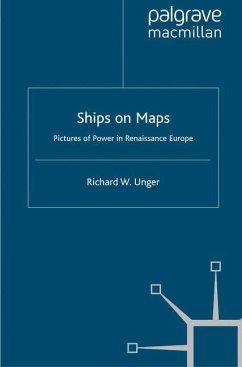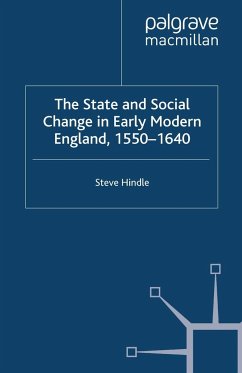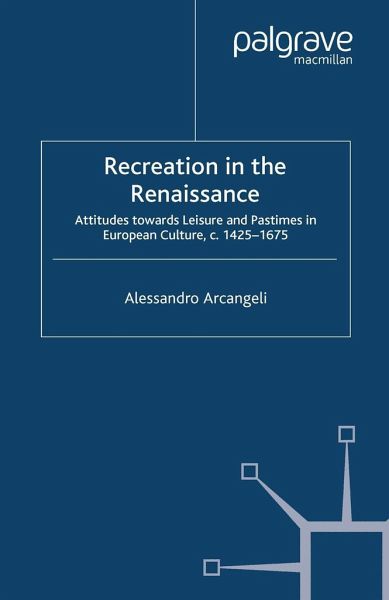
Recreation in the Renaissance
Attitudes Towards Leisure and Pastimes in European Culture, C.1425-1675
Versandkostenfrei!
Versandfertig in 6-10 Tagen
76,99 €
inkl. MwSt.
Weitere Ausgaben:

PAYBACK Punkte
38 °P sammeln!
In Renaissance Europe, when 'leisure classes' used social gathering to define civility and the commercialization of leisure was beginning, the human need for recreation became a cultural topos. The book explores the vocabulary of play and games; the spectrum of leisure activities, often gender-specific or appropriate to particular social groups; the medical discourse on the preservation of health, where amusements were assessed as physical exercise; the moral approach to play; legal treatises on gambling; and the visual representation of leisure.





